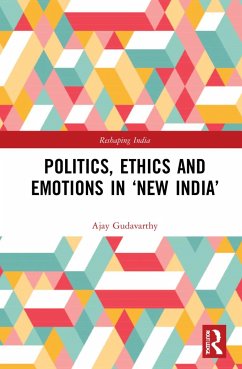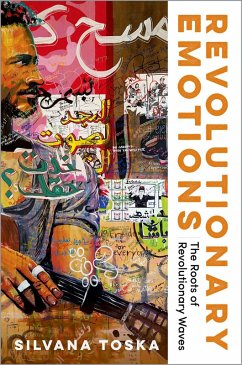
Emotions in Conflict
Inhibitors and Facilitators of Peace Making
Versandkostenfrei!
Versandfertig in 1-2 Wochen
55,99 €
inkl. MwSt.
Weitere Ausgaben:

PAYBACK Punkte
28 °P sammeln!
Using a vast array of primary sources, critical literature analysis and first hand personal experiences in various conflict zones, Eran Halperin introduces a new perspective on psychological barriers to peace. Halperin focuses on various emotional mechanisms that hamper peace processes, even when parties face real opportunities for conflict resolution. Written in a clear and accessible style, Emotions in Conflict offers a thought provoking and pioneering insight into the role discrete intergroup emotions play in impeding, as well as facilitating, peace process in intractable conflicts.














